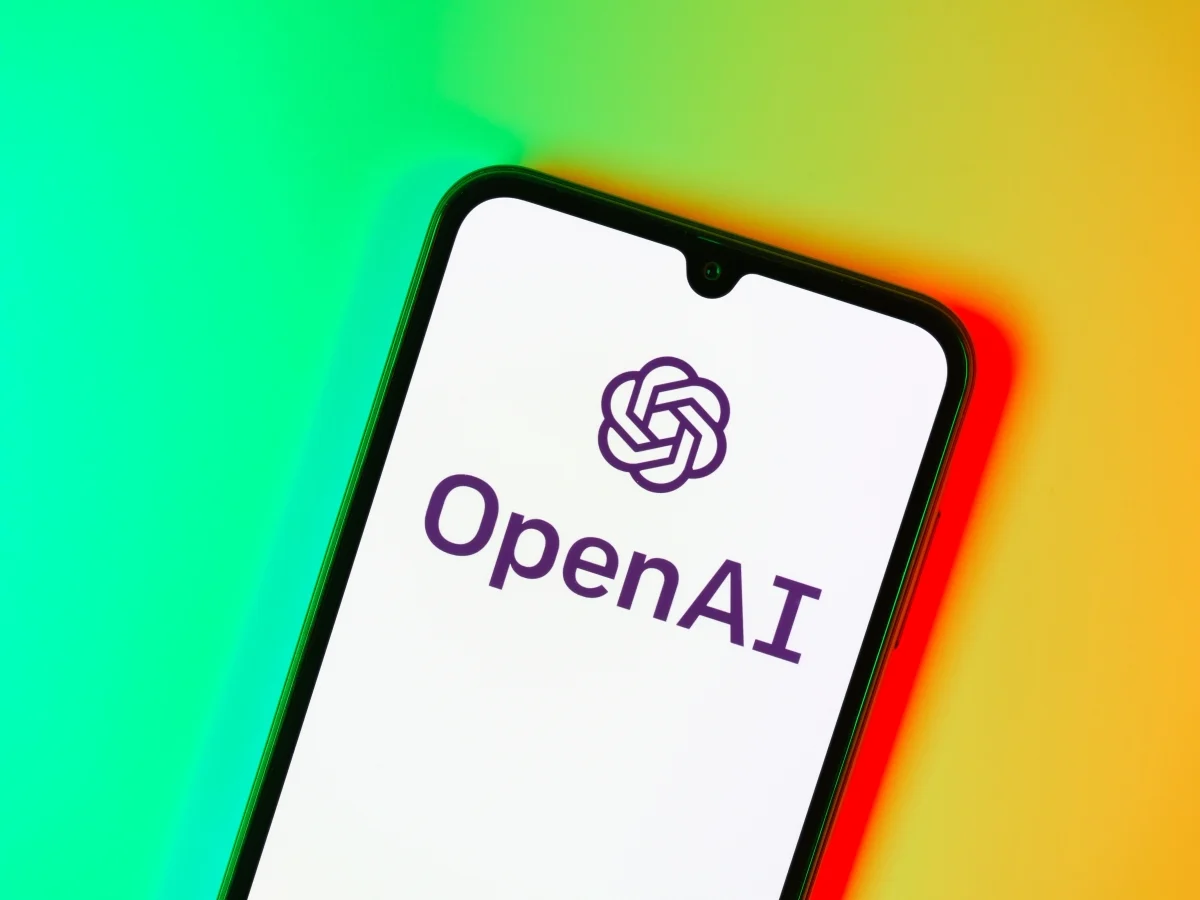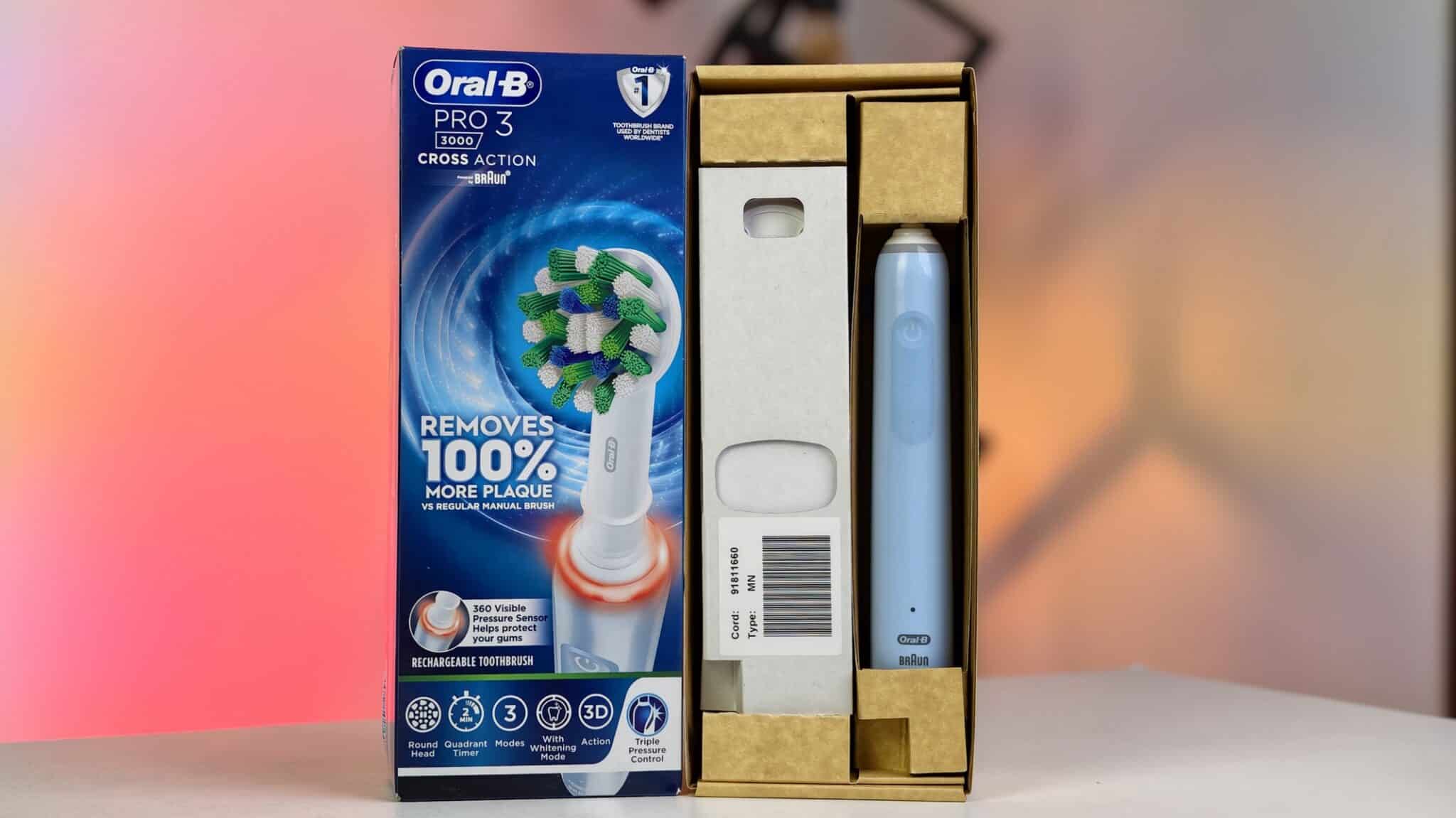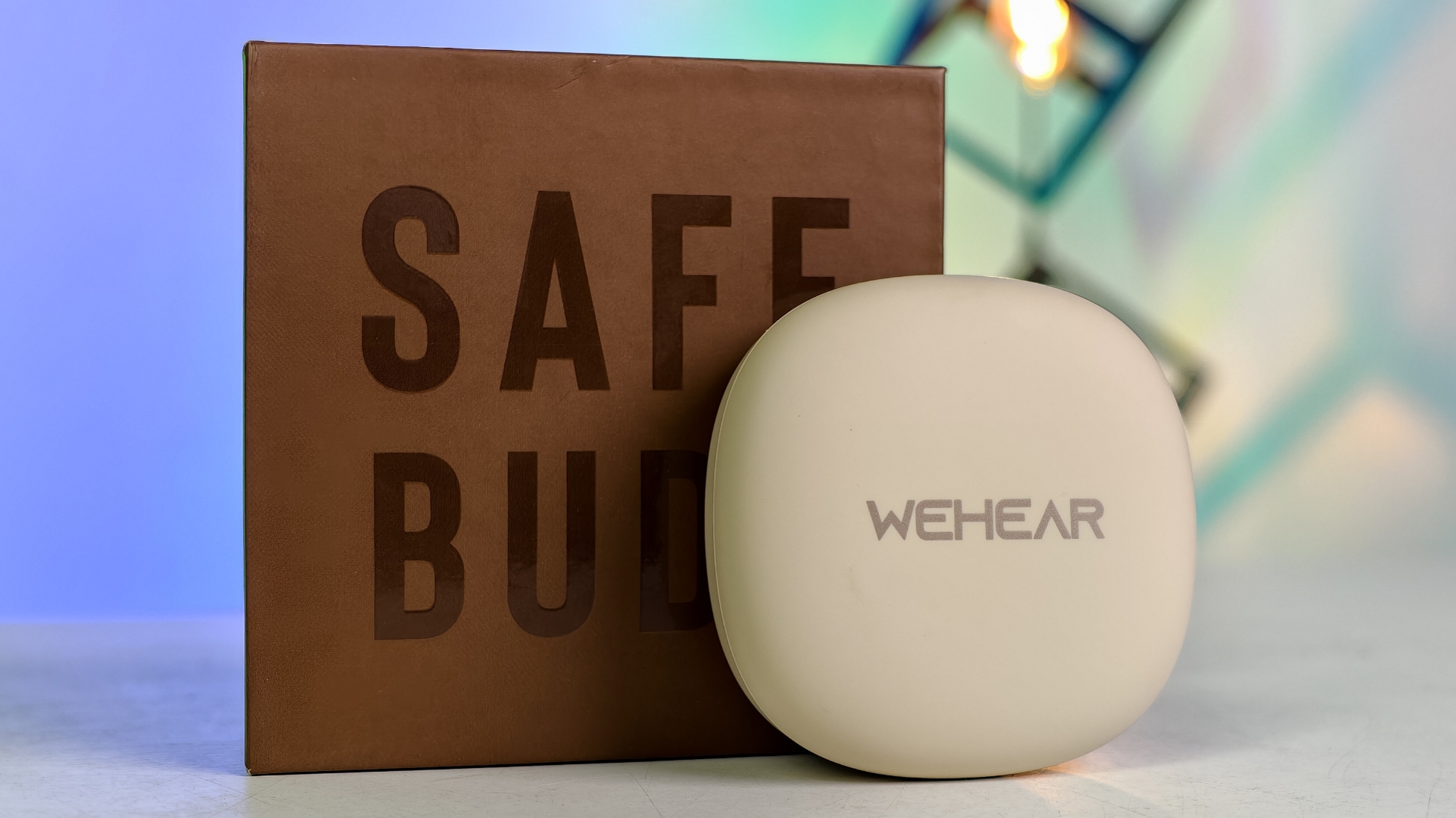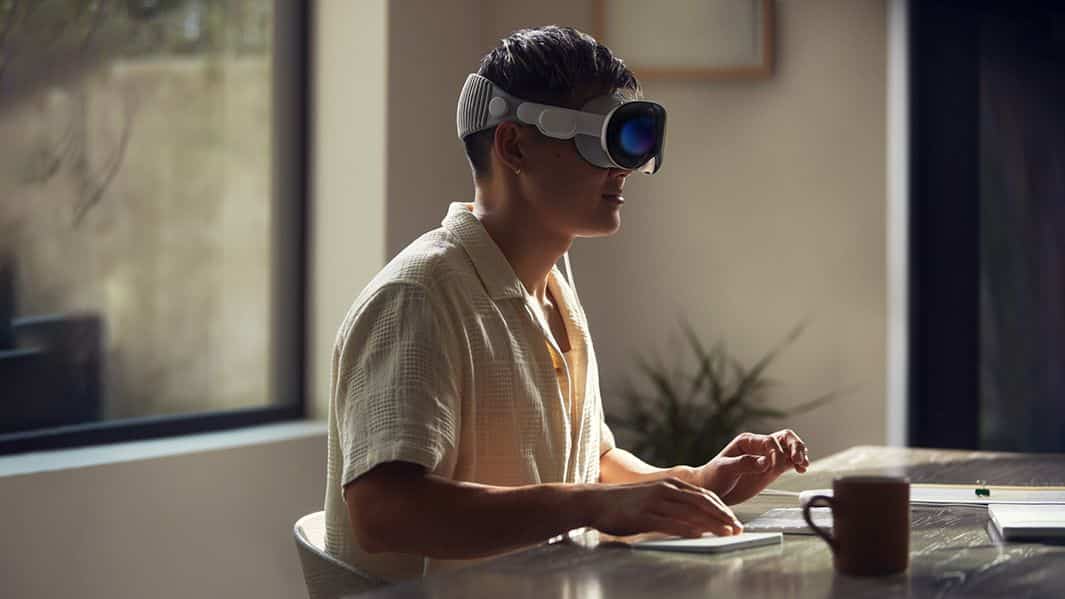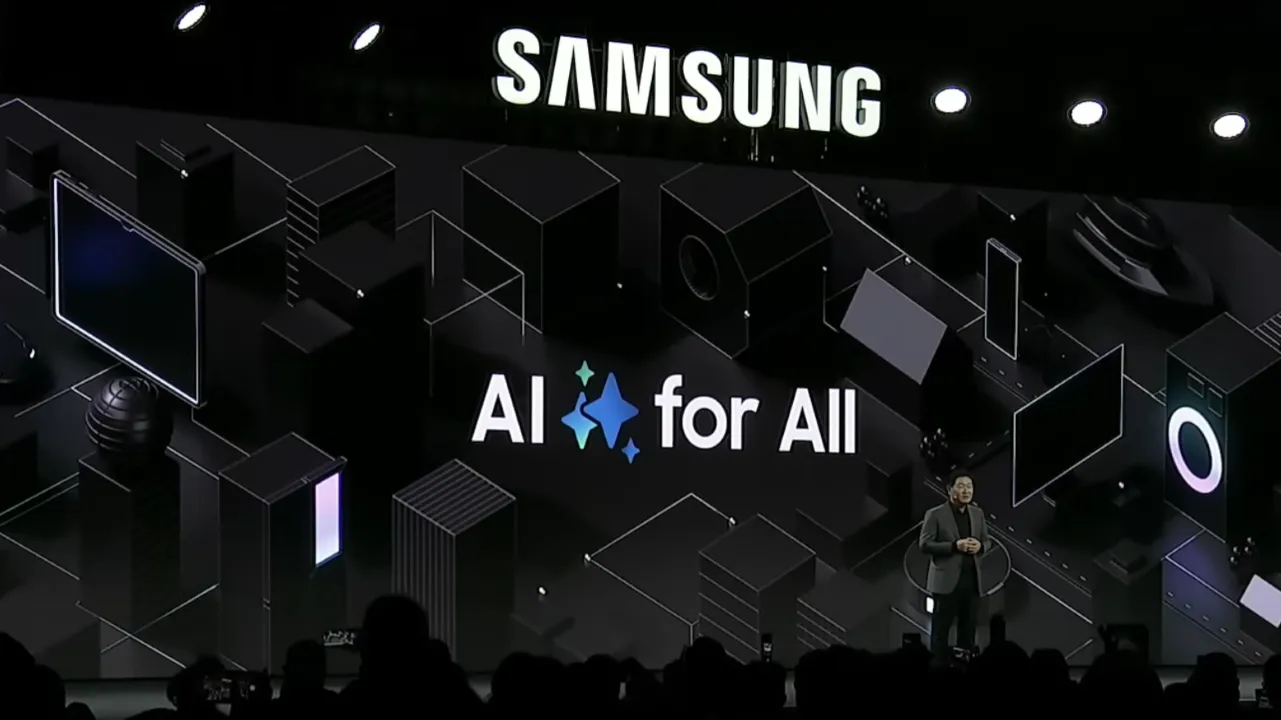The smartphone has become an indispensable part of our lives, a constant companion for communication, entertainment, and information. But what if there was a new device, powered by artificial intelligence, that could replace our smartphones altogether? This is the ambitious goal of OpenAI, the leading artificial intelligence research company, which is reportedly developing a new AI-powered device that could revolutionize how we interact with technology.
This potential shift has sparked a wave of excitement and speculation. Imagine a world where a small, AI-powered device could anticipate your needs, provide instant information, and even control other aspects of your life. While details are still scarce, OpenAI’s move has ignited a debate about the future of personal technology and the potential impact of AI on our daily lives. This article delves into OpenAI’s plans, exploring the possibilities, challenges, and potential implications of replacing smartphones with AI-driven devices.
OpenAI’s Ambitious Vision: A World Beyond Smartphones
OpenAI, renowned for its groundbreaking work in artificial intelligence, including the development of the large language model GPT-4 and the image generator DALL-E, has been hinting at a move into hardware. While the company remains tight-lipped about the specifics, reports suggest that OpenAI is exploring the creation of a new kind of AI device that could potentially replace smartphones.
This ambition is fueled by OpenAI’s belief in the transformative power of AI. The company envisions a future where AI is not just confined to software applications but is embedded in devices that we interact with on a daily basis. This new device, powered by cutting-edge AI, could potentially offer a more intuitive, personalized, and efficient way to access information, communicate, and manage our lives.
The Potential of AI-Powered Devices: Reimagining Personal Technology
The prospect of an AI-powered device replacing smartphones is both exciting and intriguing. Here are some potential features and capabilities that such a device could offer:
- Proactive Assistance: Imagine a device that anticipates your needs before you even express them. An AI-powered device could learn your habits, preferences, and routines, providing timely information, reminders, and suggestions throughout the day.
- Seamless Communication: Forget typing on tiny keyboards or navigating complex menus. An AI device could enable communication through voice commands, gestures, or even brain-computer interfaces, making interaction more natural and intuitive.
- Personalized Experiences: AI algorithms could curate information and services tailored to your individual needs and interests. This could include personalized news feeds, recommendations, and even customized learning experiences.
- Enhanced Productivity: An AI device could automate tasks, manage your schedule, and even provide real-time translation, boosting your productivity and efficiency.
- Augmented Reality: AI could power immersive augmented reality experiences, overlaying digital information onto the real world. This could revolutionize navigation, education, and even entertainment.
These are just a few examples of the potential capabilities of an AI-powered device. As AI technology continues to evolve, the possibilities are truly limitless.
Challenges and Concerns: Navigating the AI Landscape
While the potential of AI-powered devices is undeniable, there are also significant challenges and concerns that need to be addressed:
- Privacy and Security: AI devices would collect vast amounts of personal data, raising concerns about privacy and security. Robust safeguards would be needed to protect user data from misuse and unauthorized access.
- Ethical Considerations: The use of AI raises ethical questions about bias, fairness, and accountability. AI algorithms need to be carefully designed and trained to avoid perpetuating existing societal biases.
- Technological Hurdles: Developing a truly intelligent and reliable AI device is a complex undertaking. There are significant technological hurdles to overcome, including improving AI’s ability to understand natural language, reason, and make decisions.
- Social Impact: The widespread adoption of AI devices could have a profound impact on society, potentially leading to job displacement and changes in social interaction.
Addressing these challenges is crucial to ensure that AI-powered devices are developed and deployed responsibly.
OpenAI’s Competitive Landscape: A Race to Define the Future
OpenAI is not alone in its pursuit of AI-powered devices. Tech giants like Google, Apple, and Microsoft are also investing heavily in AI research and development. This competition is likely to accelerate innovation, leading to a rapid evolution of AI technology and its applications.
Google, with its extensive experience in search and mobile operating systems, is well-positioned to develop AI-powered devices that integrate seamlessly with its existing ecosystem. Apple, known for its focus on user experience and design, could create AI devices that are both intuitive and aesthetically pleasing. Microsoft, with its strength in cloud computing and software, could develop AI devices that offer powerful productivity tools and services.
This competitive landscape is likely to result in a diverse range of AI-powered devices, each with its own unique strengths and features. Ultimately, the success of these devices will depend on their ability to meet the needs and expectations of users.
Speculations and Predictions: What the Future Holds
While it is still early days, there is much speculation about what OpenAI’s AI device might look like and how it might function. Some speculate that it could be a small, wearable device, similar to a smartwatch, while others believe it could be a more sophisticated device with a larger screen and more advanced capabilities.
There is also speculation about the AI model that will power the device. Some believe that it could be a more advanced version of GPT-4, while others speculate that it could be a new AI model specifically designed for hardware applications.
Regardless of its form or function, OpenAI’s AI device is likely to be a game-changer, ushering in a new era of personal technology. It has the potential to transform how we interact with information, communicate with each other, and manage our lives.
The prospect of OpenAI replacing smartphones with AI-powered devices is a bold and ambitious vision. While there are challenges and concerns to address, the potential benefits of this technology are undeniable. AI has the power to revolutionize our lives in countless ways, and OpenAI is at the forefront of this revolution.
As we move towards a future where AI is increasingly integrated into our daily lives, it is important to approach this technology with a sense of curiosity, responsibility, and optimism. By embracing the AI revolution, we can unlock a world of possibilities and create a better future for ourselves and generations to come.



